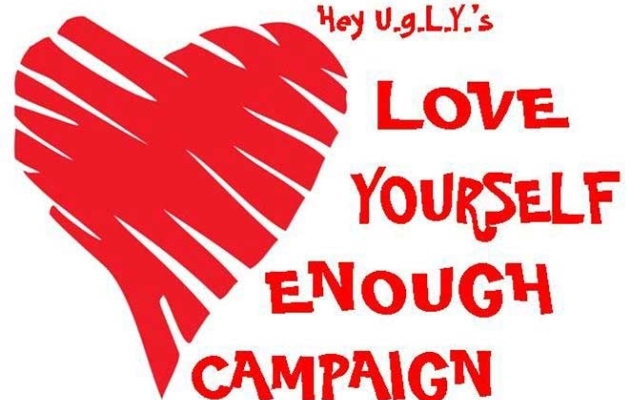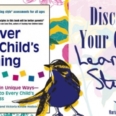Putting yourself into someone else’s shoes. This is empathy. When I was growing up I don’t know if I ever consciously did this because today I find myself asking,
“Hey, what if someone said or did that to me!?” when I am ranting at or criticizing someone near and dear to me who lives in the same house! As I mature and grow wiser (sounds much younger than, “as I age”), I realize that I get on my high horse a lot, expecting everyone to go, “you’re so right and I’m so wrong,” never once thinking,
“Do these people have a different outlook on life to me?”
Perish the thought, but what if they do? And is it all right for us to differ? Will we still get on?
I wonder, is this my upbringing? Was I raised in a culture where we all presumed we thought the same way? Not only sharing a language, traditions, currency, food preference, but also thoughts and opinions!
Britain had a great commonwealth that she had brought to heel during the Victorian era. This added to our “everyone’s the same” mentality for wherever we went in the Commonwealth our British passports gained entrance, the locals spoke our language, they served tea and crumpets, drank gin and tonics, were civilized and enjoyed every moment! As a nation we decided it was for the betterment of the country we were conquering, to live in our own shoes. We gave no thought to the existing culture. Our way was the only way and the best. How arrogant of us.
We bullied our conquered nations into submission!
I was sent to boarding school where spending all day and all night with my classmates made for a fertile bullying arena. I was British and sported a stiff upper lip and firmly controlled emotions.
I thought bullies were folk who weren’t shy; had it all going for them; braver than me.
When I was targeted for bullying I thought I asked for it because of how I looked or who I was.
I was made fun of, rightfully so I thought, because my hair was horrible and thick, uncontrollable and frizzy in damp weather.
In retrospect the girls who teased me and stared at my hair probably harbored covetous thoughts about my long, wild locks. At the time I never imagined I was the kind of person anyone could be jealous of. I was tall, clumsy, ungainly, no good at sports and always cast as a male in the end of year operetta.
Funnily enough though I shone at the most graceful and beautiful activity on offer in my school: Ballet.
At the barre I was elegant, and poised. The music lifted me up and gave me an air of other worldliness. I had confidence and a natural ability to dance.
Unfortunately I could not carry my new found self-esteem with me from the ballet studio, it dissipated like fog in the early morning sunshine when I returned to the corridors, dorms and classrooms of my school.
Bullying can take the form of name calling, pushing, dirty looks, fighting and spreading rumors. Experts say the facts are troubling because bullying too often leads to violence, loss of self-esteem, depression and even suicide.
Betty Hoeffner, a regular guest on my show, almost lost a teenage family member to suicide because of bullying. She told me that the tweens and teens she helps in her organization, Hey U.G.L.Y. describe bullies as having low self esteem and problems in their lives.
Betty said,
“Not only are the bullied suffering, but bullies are as well.”
Had I known that all those years ago at my school, I may have felt better about myself.
Imagine my surprise, when I questioned my lovely daughter about bullies, when she replied,
“Bullies have problems of their own, that’s why they want to make other people feel miserable, they bully them. They feel helpless at home or at school, so they look to bullying to give them feelings of power and control. They have low self esteem and don’t care about how other people feel.”
“Hey, where did you learn that?” I asked.
“That’s what you’ve always taught us!”
Way to go Mum!!
In our homeschool our children are raised with empathy and the golden rule, “do unto others as you would have done unto you.” Without it, bullying ensues.
Martin Hoffman, an emeritus professor of psychology at New York University and a pioneer of empathy research, says that,
“Nearly 90% of brain growth takes place in the first five years of life, and the minds of young children who have been neglected or traumatized often fail to make the connection between people and pleasure. That deficit can make it difficult for them to feel or demonstrate love later on. You can enhance empathy by the way you treat children, or you can kill it by providing a harsh punitive environment.”
Mentally put yourself in the other person’s shoes before you act or talk. Are you going to make that person smile and feel good about himself, or are you going to bring tears of pain to his eyes?
Empathise don’t terrorise.
Listen to Betty’s interview with me,
http://www.heyugly.org/SelfBullying.php
http://www.time.com/time/health/article/0,8599,1982190,00.html








 Hello I'm Vivienne McNeny, English to the core and I've just put the kettle on so while its boiling let me tell you a little about myself. I was raised in a convent boarding school while my parents diplomatically hosted cocktail parties at foreign Embassies.
Hello I'm Vivienne McNeny, English to the core and I've just put the kettle on so while its boiling let me tell you a little about myself. I was raised in a convent boarding school while my parents diplomatically hosted cocktail parties at foreign Embassies. 







No comments so far!
Leave a Comment